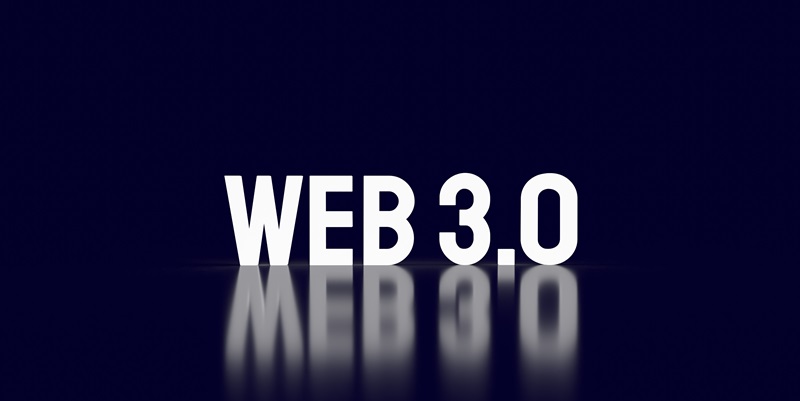In the fast-evolving world of Web3 development, developers are confronted with numerous challenges due to a lack of common standards for integration. As the ecosystem consists of decentralized apps and APIs, there is a pressing need for a unified solution that addresses fragmented tooling and services, API key management overhead, data inconsistencies, service failures, and downtime risks, challenges in integrating advanced technologies, and more. This article explores the significance of collaboration, standardization, and innovation in tackling these challenges for a thriving Web3 ecosystem.
Lack of common standards
Web3’s decentralized nature leads to a decentralized approach in developing and integrating apps and APIs. While this offers numerous benefits, it also creates challenges in interoperability and discrepancies in standards.
Web3 comprises countless tools and services, each with its own set of rules for integration. This fragmentation creates a complex environment for developers, hindering efficient development and integration processes.
As Web3 developers work with multiple integrations, managing various API keys becomes increasingly tedious. Moreover, each additional key introduces the risk of security breaches and potential points of failure or misuse.
Consequences of the Lack of Standards
Inconsistent data across different Web3 services can lead to unreliable application behavior, disrupting the intended functionality and resulting in a poor user experience. Harmonizing data formats and structures is vital to ensure consistent and accurate information across the ecosystem.
When relying on disparate services, the occurrence of a service failure can be immensely stressful for developers. To mitigate this risk, robust fallback mechanisms must be in place, providing backup services to ensure continuous operation and maintain a reliable user experience.
Integrating advanced technologies into the existing Web3 infrastructure poses significant challenges. Developers need to bridge the gap between new technologies and decentralized systems, requiring a deep understanding of both domains and innovative approaches to achieve seamless integration.
The need for a unified solution
To address the challenges faced by Web3 developers, there is a strong need for a unified platform similar to Firebase but tailored specifically for Web3 tooling. Such a platform would provide a centralized hub for developers, simplifying the integration process and fostering collaboration within the ecosystem.
Drawing inspiration from Firebase, a centralized development platform for Web2, a Web3-focused equivalent can offer a range of services, including authentication, hosting, storage, and analytics, streamlining the development process for decentralized applications.
A Web3 development platform must consider the unique requirements of decentralization and incorporate features such as smart contract integration, decentralized storage, blockchain connectivity, and privacy-focused protocols. By providing a unified interface, developers can access various Web3 tools and services seamlessly, promoting efficiency and innovation.
Robust fallback mechanisms
Building redundancy systems that offer backup services is crucial to maintaining a reliable user experience during service failures. These mechanisms ensure continuous operation, reduce the impact of downtime, and allow users to seamlessly switch to alternative services.
By implementing automated failover mechanisms, load balancing systems, and decentralized storage solutions, developers can minimize the impact of service failures, ensuring uninterrupted operation throughout the Web3 ecosystem.
A collaborative approach for success
Given the complexity of the Web3 landscape, fostering collaboration among developers, projects, and platforms is essential. Sharing knowledge, resources, and best practices can accelerate the establishment of common standards and promote overall growth and stability in the ecosystem.
Standardization plays a critical role in enabling seamless integration and interoperability within the Web3 space. By establishing common protocols, communication formats, and API standards, developers can unlock new possibilities and encourage innovation for the benefit of the entire community.
The lack of common standards in Web3 integration poses significant hurdles for developers. However, the introduction of a unified development platform, robust fallback mechanisms, and collaborative efforts can overcome these challenges and foster a more efficient and reliable Web3 ecosystem.
Web3’s evolution lies in collaboration, standardization, and innovation. By collectively addressing the challenges, Web3 developers can build a robust, interconnected ecosystem that empowers users and unlocks the full potential of decentralized technologies.
In conclusion, to empower Web3 developers and streamline the integration process, it is imperative to establish common standards, develop a unified platform tailored for Web3 tooling, implement robust fallback mechanisms, and foster collaboration within the community. By embracing the roadmap of collaboration, standardization, and innovation, the Web3 ecosystem can flourish and pave the way for a decentralized future.

